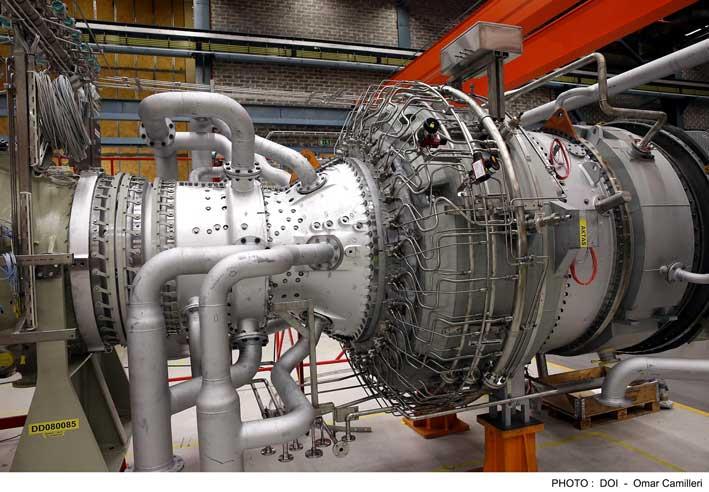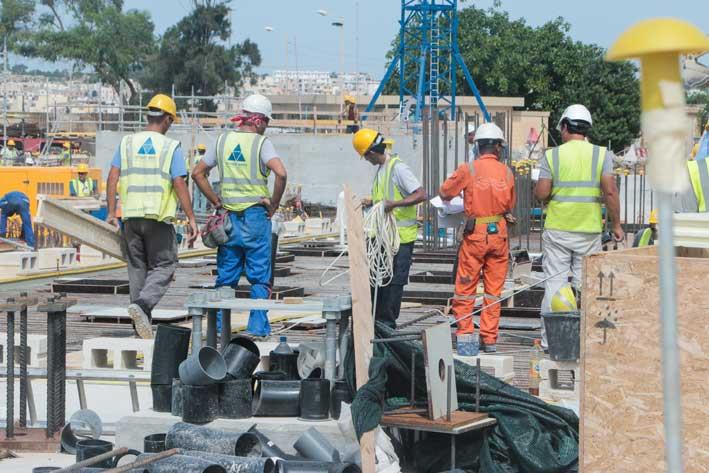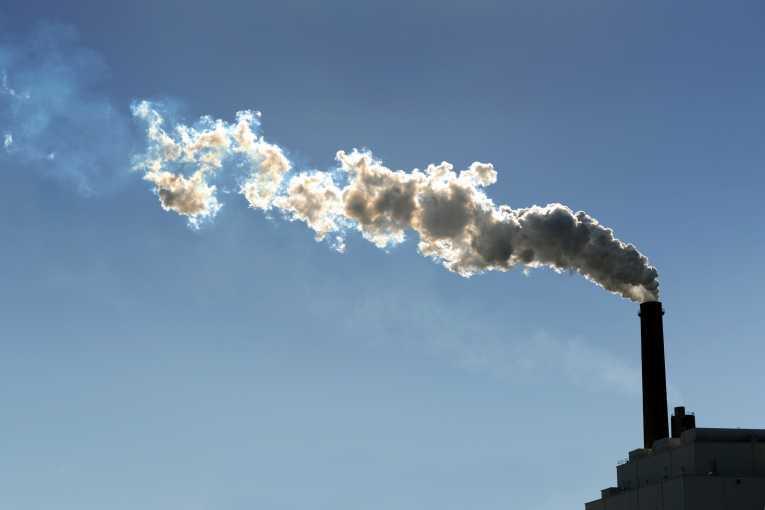One could argue that winning the MEP of the year award for the work you’ve done within the energy sector really cements your position as a leader in the industry – in your professional opinion what are the next concrete steps that needs to be taken in the areas of energy security and renewable energy within the EU?
To ensure energy security we need to diversify the EU’s sources of energy. This includes the type of energy used and also the sources from where the EU imports its energy. Relying as much as possible on EU produced energy would be the best option. Moreover, our Member States should never rely on one source of energy for their energy production and they should move towards cleaner sources of energy. A proper energy mix is imperative.
This requires a transitory period for most countries, which need to undertake the required leap from dirty fossil fuels to cleaner sources. In this regard, LNG is the best transitory source of energy for a number of countries that have been reliant on the heaviest of fossil fuels for years. When it comes to renewable energy, we require more research, development and innovation to make current technologies more affordable, and to push projects towards commercialisation. Furthermore, we must ensure that we maximise energy efficiency to its full potential.

Can Malta play any sort of role in terms of energy security in Europe? Whether Malta can or cannot, please provide your views on why that is so.
There is potential for synergy between North Africa, the East of the Mediterranean and the EU, which has until this very day not been exploited. Some resources are already in existence while others are being discovered. Malta has a strategic geographical position to link North Africa with the rest of the EU, particularly since countries in the North of Africa have massive potential for renewables. There are projects intending to export renewable energy to Europe. In this regard, Malta can serve as an ideal link between the two sides.
Another important aspect in terms of energy security is the discovery of natural gas in the Mediterranean. It is for this reason, that the concept of a Mediterranean Gas Hub must be given priority on the European agenda.

From the research and work you have carried out, what would it take for Malta to become part of the European energy grid – please provide an overview of possible practical and logistical possibilities, as well as a very rough estimate regarding the time frame.
When it comes to electricity, Malta was connected to the European electricity grid as of last March 2015 through the Malta-Sicily interconnector. With this interconnection we have reached over the 10% capacity target that all Member States have to meet by 2020.
When it comes to gas, it’s a different situation since we are not connected to the European gas grid. However, Malta has a project which has been given the status of a project of European Interest by the European Commission. This is a very prestigious status that carries with it a number of advantages, including EU funding when the project matures, and fast tracking permits on both sides of the border. Works will be carried out soon after following criteria, which are in line with EU law.

What progress is being made by the EU with regard to the UN Climate Challenge COP21 objectives?
We are living in a world where energy and climate change are inextricably intertwined. The EU remains committed in reducing its emissions to 80% below the 1990 levels by 2050. To reach this, the EU must continue working towards a low-carbon society. The UN signing ceremony occurring on the 22nd of April is an important event, to make sure countries announce timetables and show their intent to ratify the Paris Agreement. The EU needs to lead in ensuring that the Paris legal agreement will be transformed into accelerated climate action. It needs to continue pushing for more ambition particularly when it comes to achieving the goal of 1.5°C increase in temperature. Furthermore the EU needs to make sure that climate change remains a global agenda item for both current and eventual leaders.

How could the EU contribute further in order to make its member states as environmentally friendly and sustainable as possible?
A proper functioning EU Emission Trading Scheme (ETS) can help reach a balance between reducing Greenhouse gas emissions from energy, and ensuring the competitiveness of European Industries.
The aim behind the EU ETS was to put a realistic EU-wide price on carbon to allow the market to decide itself on how to reduce emissions in an efficient way, and where to invest most profitably. The carbon price we have is extremely low and volatile, and it defeats the whole purpose of an EU ETS in place. The EU ETS covers the energy sector and industrial emissions. We need to put in place the Effort Sharing Decision, that will set more stringent decarbonisation goals for other sectors, such as transport.